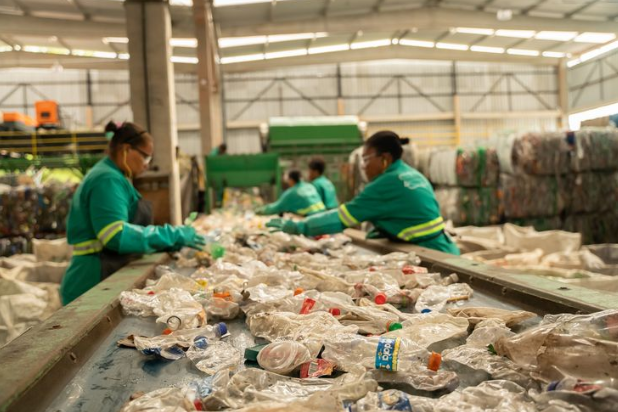Industrial growth powers economies, fuels innovation, and creates jobs. But alongside the benefits, it also produces a critical byproduct—hazardous waste. This waste isn’t just garbage. It’s often toxic, corrosive, flammable, or reactive, posing real risks to people and the environment. Managing it properly is more than a legal requirement—it’s a responsibility.
Keeping Workplaces Safe And Sustainable
Every industrial operation, from metal fabrication to chemical processing, generates some level of hazardous byproduct. Left unchecked, these materials can compromise air quality, contaminate water sources, and even ignite fires. That’s why safety protocols aren’t just best practices—they’re lifelines.
A well-maintained disposal plan keeps work areas cleaner and safer. It also promotes sustainability. Operations that minimize waste or dispose of it responsibly help reduce their carbon footprint and long-term liability. Employees feel safer, communities stay protected, and businesses operate more efficiently.
Role Of Hazardous Waste Disposal Services In Risk Management
Hazardous Waste Disposal Services refer to specialized operations that handle, transport, treat, and dispose of harmful industrial waste. These services ensure that businesses comply with strict environmental laws while minimizing health and environmental hazards.
By using certified disposal services, companies reduce the chance of workplace accidents, lawsuits, and fines. These providers understand the intricacies of handling dangerous materials—from acids and solvents to heavy metals and biohazards. In many cases, they also help industries optimize their disposal practices, turning a regulatory burden into an opportunity for smarter operations. In the end, hazardous waste disposal services protect both people and ecosystems.
Compliance And Liability Control Through Expert Disposal
Navigating local and international regulations surrounding waste is not easy. The rules differ across regions and industries. But they’re strict for a reason—failure to follow them could result in fines, criminal charges, or shutdowns.
Hazardous waste professionals track changes in compliance requirements, offering businesses peace of mind. They ensure that transport manifests are accurate, that storage limits are met, and that recycling or treatment is performed where possible. Through meticulous documentation and proper disposal methods, these services reduce liability and legal risks for industrial operators. A clean record also means a better reputation and stronger trust among clients.
Cost Efficiency And Operational Flow
While hiring a professional service comes with a cost, it’s an investment that pays off. Poor handling of hazardous waste can bring operations to a halt. Accidents lead to cleanups, inspections, and lawsuits—not to mention damage to expensive equipment.
Efficient disposal services eliminate delays, reduce waste accumulation, and allow industries to focus on their core activities. With proper waste removal schedules and storage strategies, businesses maintain better control over workflow. In the long run, streamlined operations lead to increased productivity and savings.
Building A Culture Of Responsibility In Industry
When a company prioritizes safety and environmental care, it sends a clear message to employees, stakeholders, and customers. It shows that profit doesn’t come at the cost of people’s health or the planet’s well-being.
Disposal services contribute to this culture by offering training, audits, and consultation. They don’t just take the waste—they help industries understand its impact and manage it responsibly. This shared responsibility transforms compliance from a checklist into a company value.
Conclusion
Hazardous waste isn’t a side issue—it’s a central concern for industrial operations. Ignoring it can lead to health hazards, environmental damage, and severe legal consequences. Embracing hazardous waste disposal services is more than good practice—it’s essential. With the right partners, businesses not only stay compliant but build safer, cleaner, and more efficient operations for the future.

